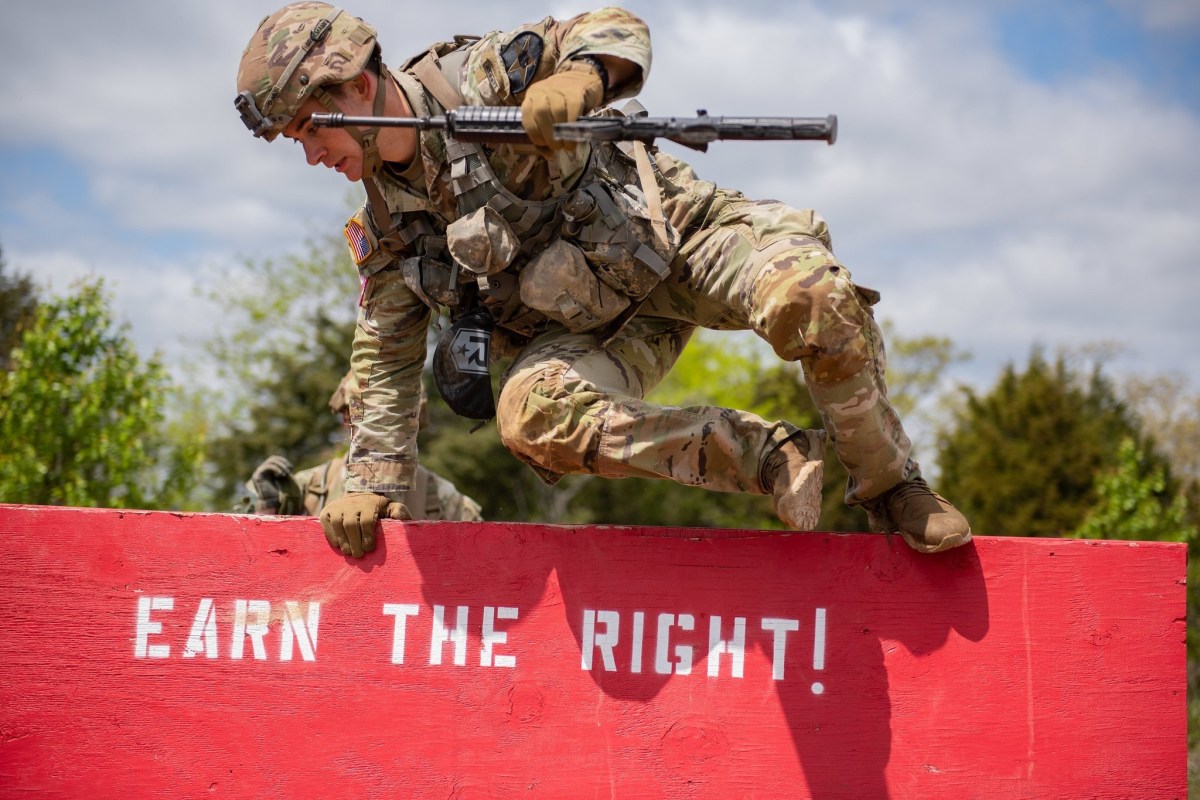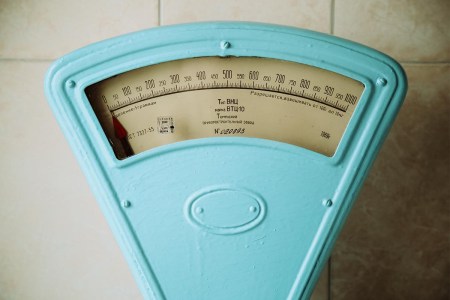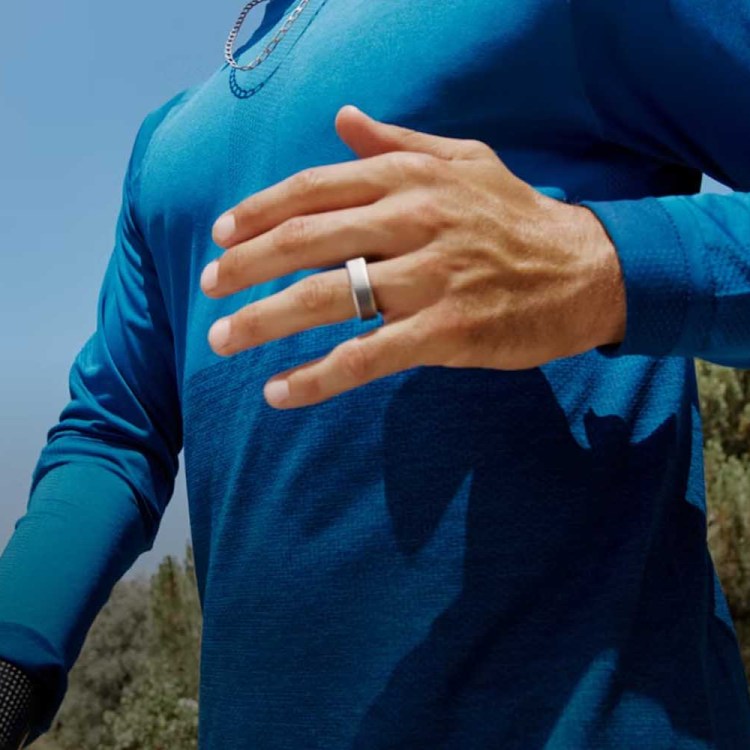Spend enough time reading about body weight and the way it relates to a person’s overall health and you might find yourself overwhelmed with information, some of it contradictory. This includes the BMI, which has persisted as a metric of health even with some doctors and scientists observing that it doesn’t tell the whole story. There are plenty of ways to measure the composition of someone’s body — and it’s a branch of science that’s constantly being refined.
That might help explain why the U.S. Army is making a change to the way that it measures soldiers’ body fat. As reported by Task & Purpose, the Army will begin measuring far via a tape test around a soldier’s waist. Previously, Task & Purpose notes, the test had been administered differently depending on a soldier’s gender.
“The new policy is intended to give Soldiers a more accurate assessment of their health and fitness and to increase their knowledge of available health resources,” Major Serena Staples, the health promotion policy officer for the Army Resilience Directorate, said in a statement. According to the announcement, soldiers will have the ability to request the earlier methods for the next year, and can “request a supplemental body fat assessment if the means for such testing is reasonably available.”
The Relationship Between Eating Disorders and High BMI, Explained
Unbeknownst to certain English medical professionals, it’s very possible to have bothThere’s one substantial exception to this test: any soldiers who received a score of 540 or above on the Army Combat Fitness Test won’t have to bother with the tape test at all.
The thinking behind the change in policy relates to the Army revisiting its standards for body composition for the first time in 10 years. “When it comes to body composition, our focus in the past has predominantly been on body fat percentage, with minimal focus on lean muscle mass,” said Dr. Kathryn Taylor of the U.S. Army Research Institute of Environmental Medicine in a statement. “But lean muscle mass does play a key role in being a successful Soldier.”
It’s an interesting step forward for the Army — and one that bears watching in the years to come.
Whether you’re looking to get into shape, or just get out of a funk, The Charge has got you covered. Sign up for our new wellness newsletter today.


















